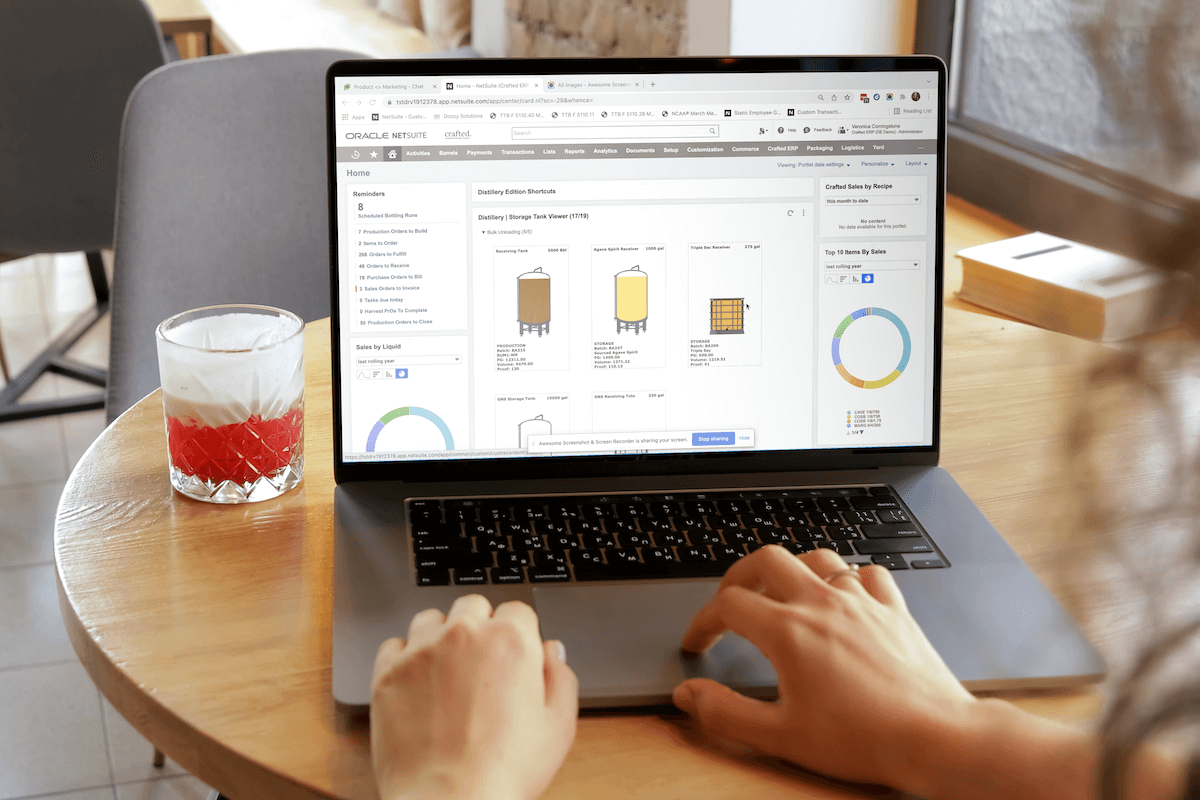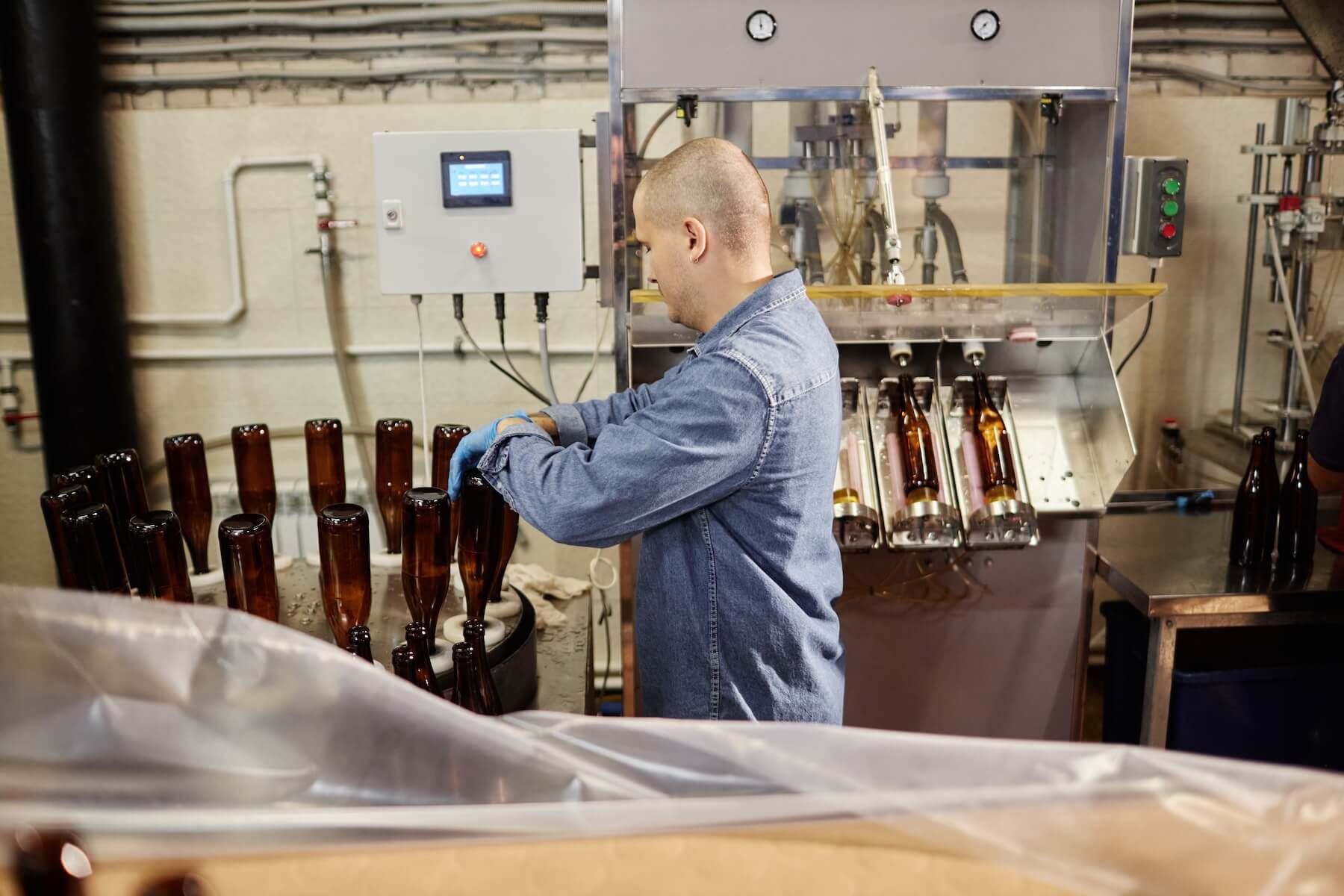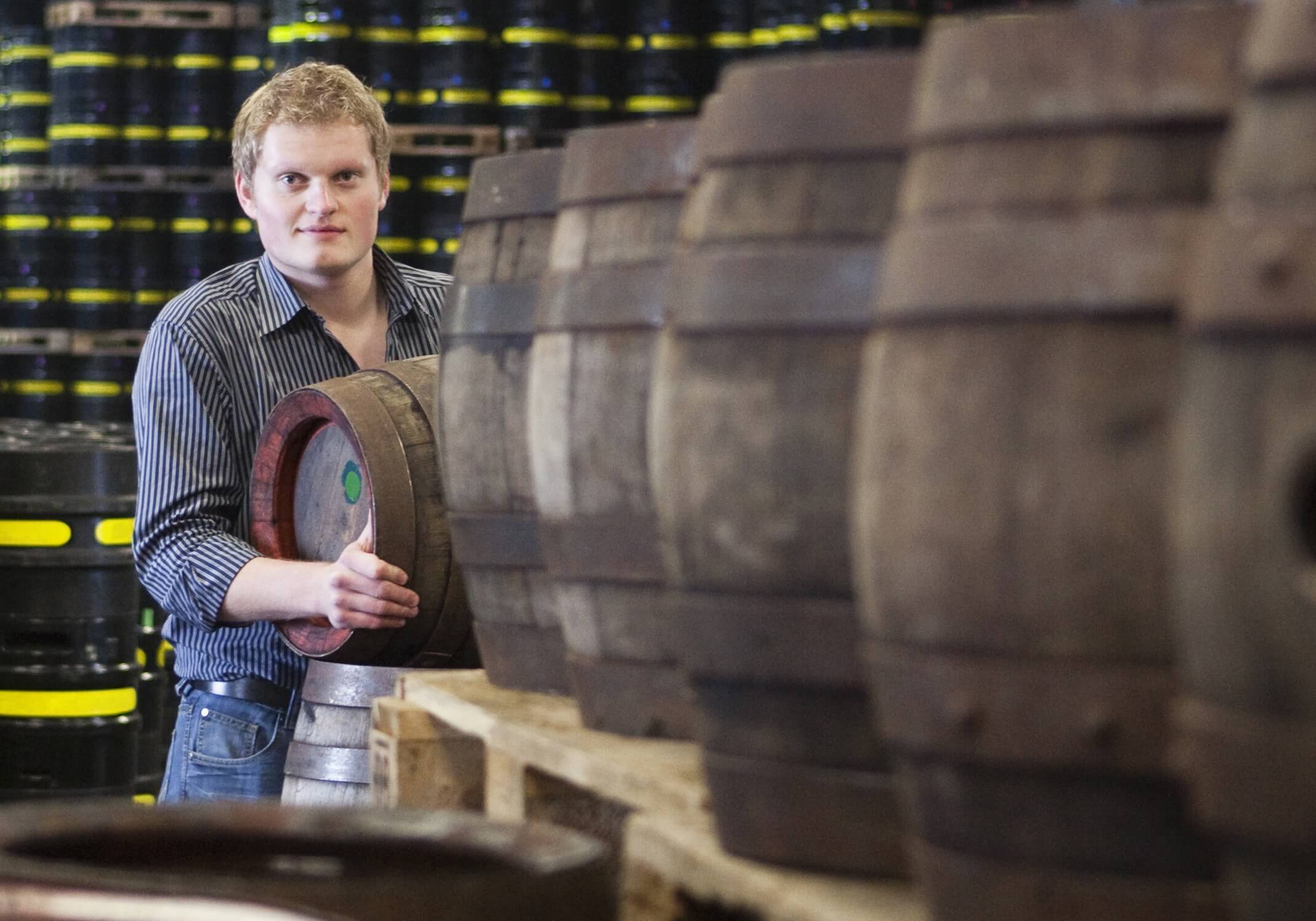The organic wine opportunity is exploding. According to industry forecasts, it’s set to triple by 2030. Yep, triple. That’s a whole lot of opportunity for wineries willing to embrace sustainability, transparency and soil-friendly practices.
But let’s not sugarcoat it: maintaining organic certification is a beast. The documentation alone can feel like you’re running a vineyard and a full-time reporting agency. Between tracking treatments on every block, staying within the USDA’s approved input list, and prepping for annual inspections, many winemakers ask: “Is there a better way to handle this?”
Short answer? Absolutely.
Winery ERP software never sleeps, never forgets and forges through data to keep your records in check. When managing organic and a range of sustainability certifications, ERP can simplify this wild world.
The Organic Certification Challenge: Rules, Records & Tedious Paperwork
While there are numerous green certifications in the wine industry, the gold standard is “organic” labeling in the U.S., regulated by the USDA’s National Organic Program (NOP) and the Alcohol and Tobacco Tax and Trade Bureau (TTB).
To obtain certification, your vineyard needs to play by a strict set of rules, including:
- Submitting an Organic System Plan (OSP) with meticulous detail
- Using only approved inputs and treatments from soil to cellar (no synthetics, no GMOs)
- Avoiding sulfite additives (naturally occurring sulfites are OK)
- Keeping comprehensive records of every activity on the vineyard
- Passing annual third-party inspections
- Transition over three years before certification is granted
- Staying ahead of renewal requirements
A less rigid tier, “Made with Organic Grapes,” allows for the use of some non-organic winemaking agents, such as yeast and sulfites, while still adhering to organic farming methods.
Sounds manageable? Sure — if you’re running one vineyard block, on paper, with a magic wand.
However, most wineries juggle dozens of blocks, multiple vintages, tanks, barrels and teams. Multiply that by the need for airtight records, and you have a full-blown admin nightmare.
Common Pain Points (You’re Not Alone)
No matter which path you choose — organic, biodynamic or sustainable — documentation is the cornerstone. Certifying bodies don’t just want to see the end result; they want the receipts.
What inputs were used? When were they applied, and where? Was the yeast organic? Were barrels reused? How are workers trained, paid and protected? What’s your five-year water conservation strategy?
Vineyards seeking organic certification struggle with:
- Tracking vineyard inputs: What was sprayed, when and where? And was it on the approved list?
- Audit trails: Inspectors want every detail, and they want it on demand.
- Certification renewals: Miss one form or deadline, and it’s panic mode.
- Disorganization: Paper logs? Spreadsheets? Handwritten field notes on sticky pads? Not exactly inspection-ready.
How Winery ERP Software Takes the Stress Out of Organic Compliance
Modern ERP systems are designed to handle the level of complexity required to obtain and maintain organic certifications. Crafted ERP Winery Edition was explicitly built to help wineries manage compliance, production and inventory — all in a single platform.
Obtaining and maintaining organic certification can be smoother than a well-aged Pinot with:
- Centralized documentation hub: Store all certifications, audits, SOPs and input records in your winery ERP software — easily searchable and always up to date.
- Automated record-keeping: Your vineyard team logs their activities on a tablet or phone, and boom — it’s automatically recorded. Log vineyard treatments and production steps as they happen. No more chasing down field notes or guessing which intern used what in the spray rig.
- Input validation: Configure your winery ERP software to meet specific standards — from USDA Organic to SIP Certified. Track every chemical, nutrient and treatment by block and batch. Validate it in real time against your approved materials.
- Streamlined reporting: Generate compliance reports on demand, formatted in a way that auditors prefer.
ERP Features Built for Organic Winemakers
What does all that actually look like on a screen? These winery ERP software features are tailor-made for managing organic certification:
- Lot tracking: From grape to glass, trace every step of your production.
- Vintage comparison tools: Analyze organic inputs and outcomes across years.
- Barrel & tank history: Who used what, when and for how long? It’s all there.
- Automated compliance reporting: The moment you need it, it’s ready.
Bonus: You’ll finally have answers when the inspector asks, “Can I see the treatment history for Block 9B from last June?”
What’s the ROI on an ERP System? (Spoiler: It’s Solid)
Winery ERP software isn’t just a compliance tool — it’s a business advantage. Here’s what wineries typically gain:
- Time savings: Say goodbye to days (or weeks) of paperwork before audits. ERP systems reduce prep time to hours or less.
- Lower risk of non-compliance: With real-time validation, version tracking and full traceability, you’re always ready for the next inspection.
- Marketing mojo: Certified organic is a selling point. Certified wines can command higher prices, open doors to premium markets, and give consumers a reason to choose your bottle over the one next to it.
- Total transparency: Want to impress your distributor or a potential buyer? Show them your traceability reports.
Ready to Make Organic Compliance Easy?
Organic and sustainable certifications are commitments. They signal to your customers, community and team that you care about more than just the juice in the bottle. But let’s be honest: the integrity behind those labels is only as strong as the systems supporting them.
Winery ERP software isn’t about replacing your vineyard team or your instincts as a winemaker. It’s about backing your decisions with solid data, clear records and the ability to prove — at any time — that you walk the talk.
Whether managing organic inputs, planning your next biodynamic spray, or preparing for a third-party audit, the right tools help you do it with less stress and more confidence.
Organic wine starts in the soil, but it’s upheld by structure. And the more intentional your systems, the more room you have to focus on growing great grapes, crafting expressive wines, and building a winery future generations will be proud of.
So, here’s the question: Would you be ready if your records were put to the test tomorrow? If not, it may be time to rethink your digital tools and explore winery ERP software. Let’s talk!







